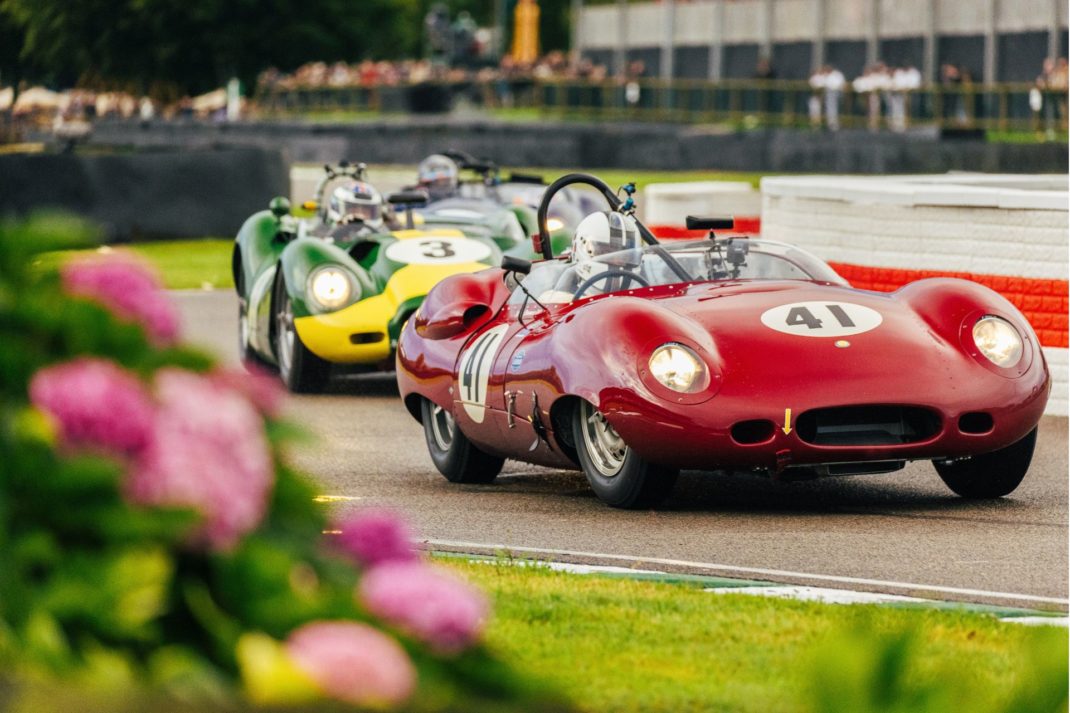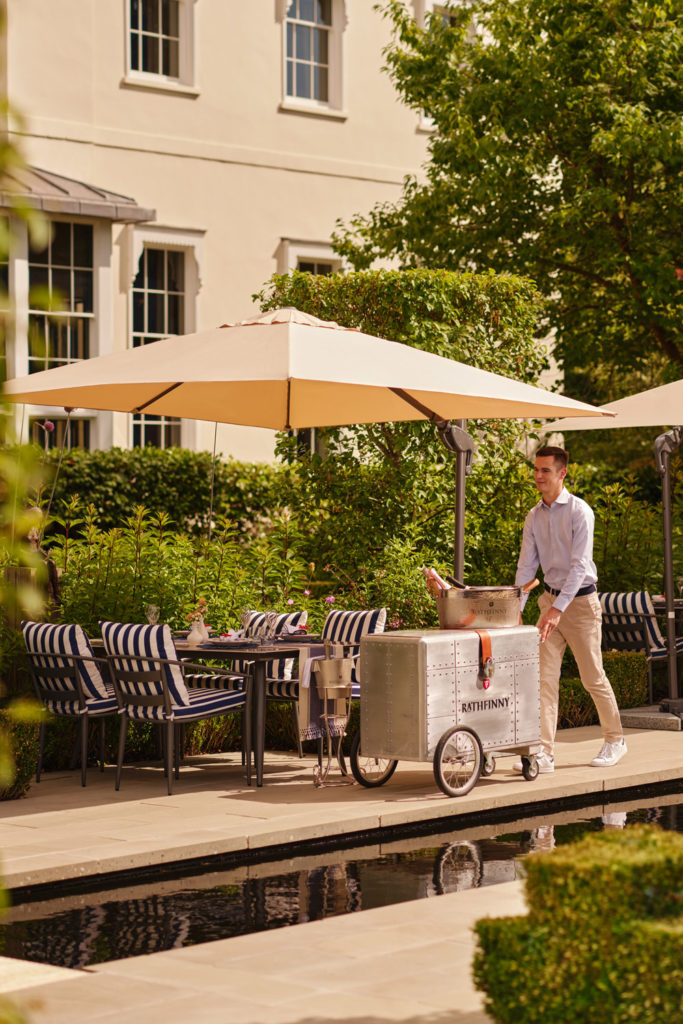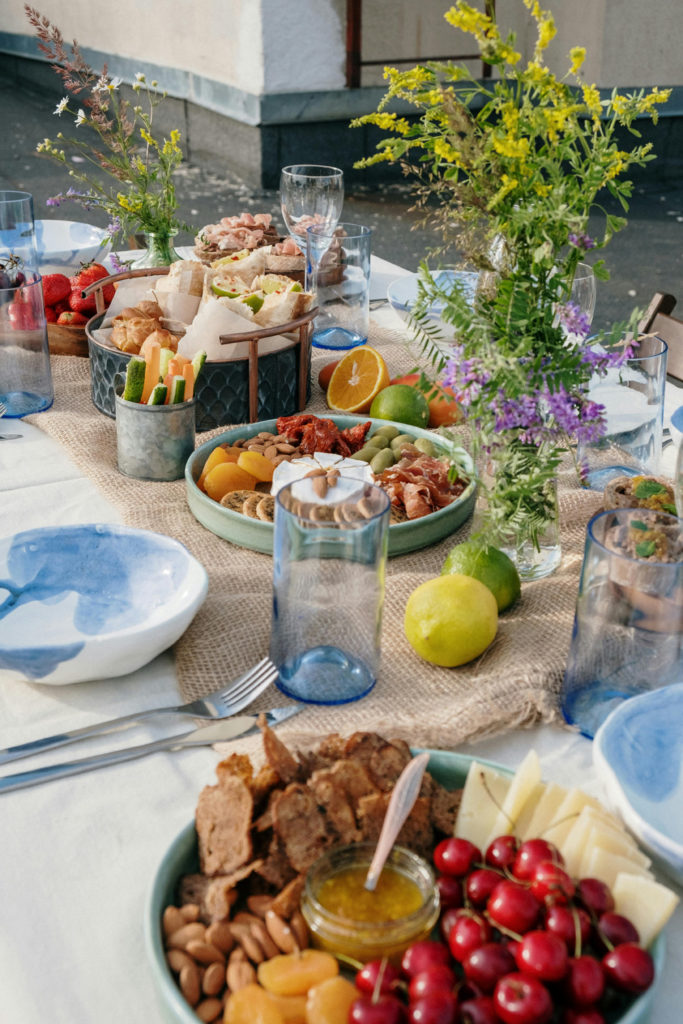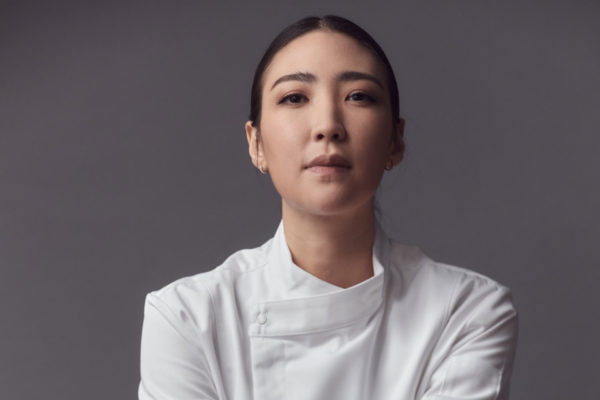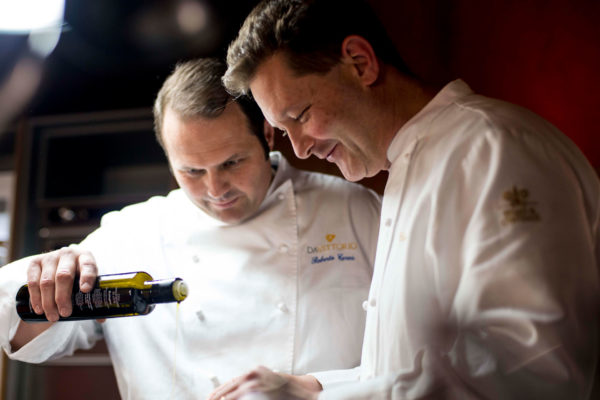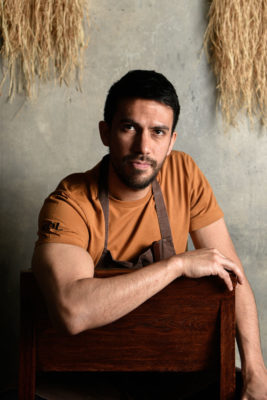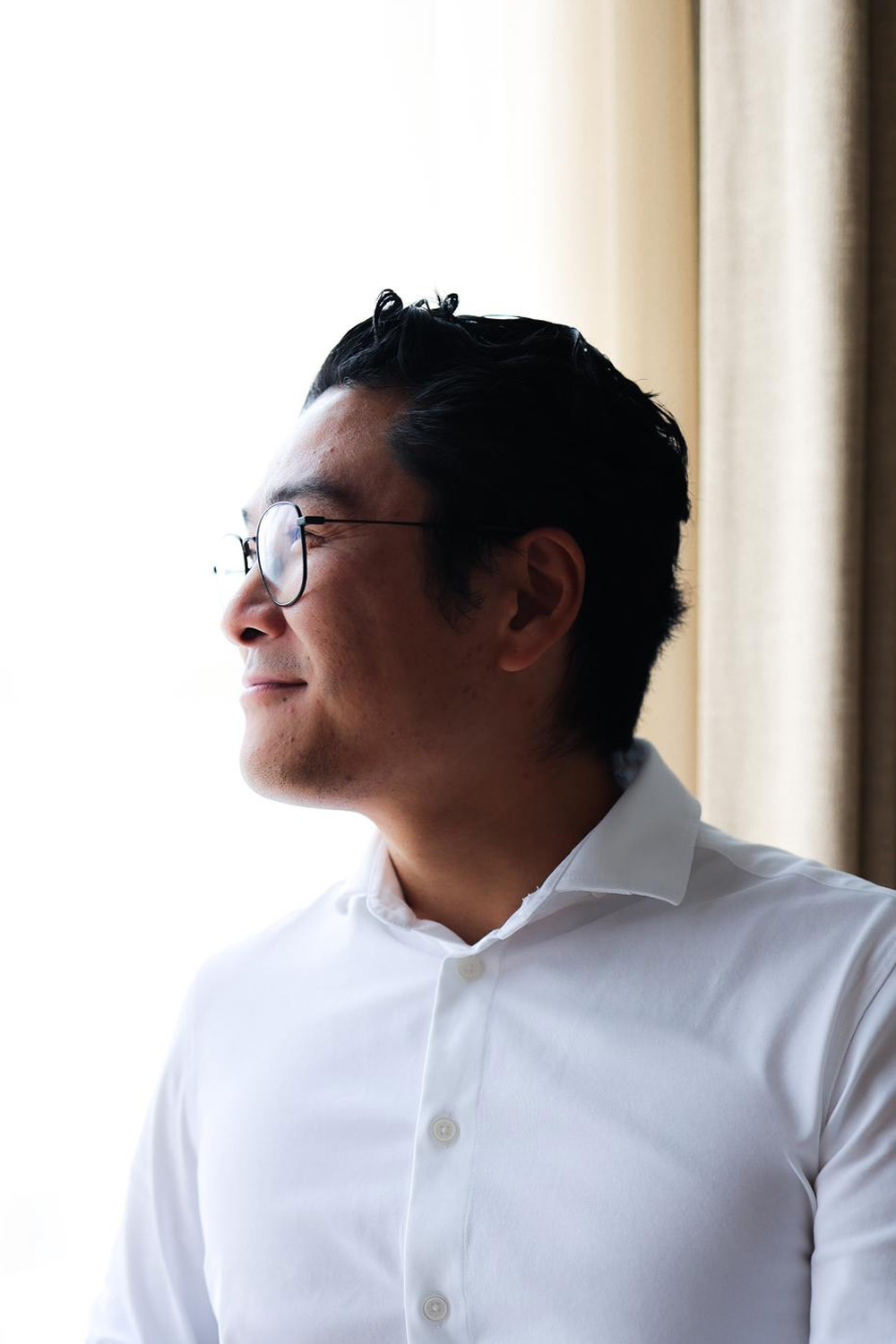
Kristian Baumann On His Copenhagen Restaurant KOAN
By
5 months ago
The talented Korean-Danish chef shares his story
This month Jenny Jefferies meets esteemed chef Kristian Baumann. Born in Korea, Bauman grew up in Denmark after being adopted, discovering a love for cooking from a young age while at boarding school. He worked at various kitchens in Copenhagen – including a stint at Noma – and spent time in France before launching his own restaurant back in the Danish capital, KOAN. A blend of Danish and Korean cuisine, it was an instant hit – within just ten weeks, the eatery had secured two Michelin stars. He chats to Jenny Jefferies about his culinary journey below.
Five Minutes With… Kristian Baumann
KOAN is a word taken from Zen Buddhism meaning ‘a riddle-like question without a solution that helps break boundaries and create an open mind.’ How is this philosophy portrayed within your cuisine?
The philosophy of KOAN is to introduce guests to the possibilities of Korean cuisine combined with ingredients from the Nordic region. We create dishes that break the boundaries of what people think Korean cuisine is and introduce them to something that they might not have experienced before by immersing Denmark and Korea into one.
For example, one of our dishes is called ‘the flavours of sundae’. Here we have the traditional flavours of Korean pork blood sausage served with preserved blackcurrants. In creating this dish it was important to us to maintain the traditional flavours of sundae and more importantly that the texture of the sundae is enjoyable. We have also added another layer in the dish by making sure a crispy texture is highlighted and the acidity of the preserved blackcurrants compliments the rest of the ingredients.
The porcelain used in your tableware is made from collected fragments that date back to the Ming and Qing dynasties. Why is that detail also important to you?
This detail is important to KOAN and myself as it highlights and acts on our goal of having a story and connection in everything we do. This tableware is a physical representation of lived memories and culture, something we strive to create and show off. We also think it’s very important to show off various Korean artists as highlighting their work is just as important as the work we do to put dishes on the plate.
At KOAN we strive to not only share our story but also the story of others. There are so many extremely tilted artists in the Nordic region and we made the design to showcase their work through our interior design. We chose to have all of our wood work done by Danish artists – this includes the cabinets, tables and chairs. To further confirm, these details are important to myself and my team as they bring people together and allow us to support others.
How have you implemented a significant reduction in food waste?
We limit food waste by being mindful of the produce we use. We are committed to listening to our suppliers about what’s best in the seasons. Myself and the team have also spent a never ending amount of time making our menu as adaptable as possible. This has allowed us to be flexible with the produce that we use and limit the negative impact on the environment the produce may have. This mindset creates stability for our team, helps our suppliers as well making sure we only purchase exactly what we need.
View this post on Instagram
Why is supporting local artisan food producers and suppliers valuable to both you and your guests?
It is valuable to us as it allows us to create relationships with suppliers and gives us the opportunity to give back to our local community. Making sure that we are contributing to the ‘economical eco system’ with small suppliers is important to us. It enables these suppliers to thrive and provide us with in-depth knowledge of the product we are using, therefore helping guests understand the flavours on a deeper level. Continuing, guests can receive a greater experience at the restaurant and for when they are buying produce for cooking at home.
What does food mean to you?
Food is a way of life for me. Beyond being just sustenance for life, food is the purest expression of creativity, culture, and connection. Food is almost a language but one that transcends words and speaks to the soul. It’s a way to honour tradition while pushing the boundaries of innovation. Despite being well introduced to both sides of my heritage as a child, I previously found it difficult to connect with my Korean side. Food has given me the ability to learn more about Korean culture than I ever thought possible – and it allows me to also teach others.
How do you achieve a healthy work life balance?
KOAN is open Tuesday to Friday for dinner service as well as one Saturday per month. I decided to be open these days to allow my staff the time to connect with friends and family as well as have a healthy work life balance. This is very important to me as I have a family of my own who I want to spend as much time with as possible. I understand that if this is important to me it is important to everyone.
I’m also aware that there are members of this team who are from other countries and are new to Copenhagen. I want to give them the time and space from the restaurant to explore Copenhagen and learn its culture and more about the history of the fantastic city.
Where do you see yourself in 10 years?
My dream is to keep learning and preserve my ‘beginner’s mind’ in everything I do. This mindset allows me to keep creating every single day and getting excited about it, something I never want to lose. Creation is one of my favourite parts of what I do so I can only hope I am continuing to do so in 10 years time.
I also hope to see myself being able to help the next generation reach their goals in life. I am very close with everyone who works at KOAN, this includes the youngest members of my team. It is not only them who I wish to help achieve their goals and be able to witness them doing so.

